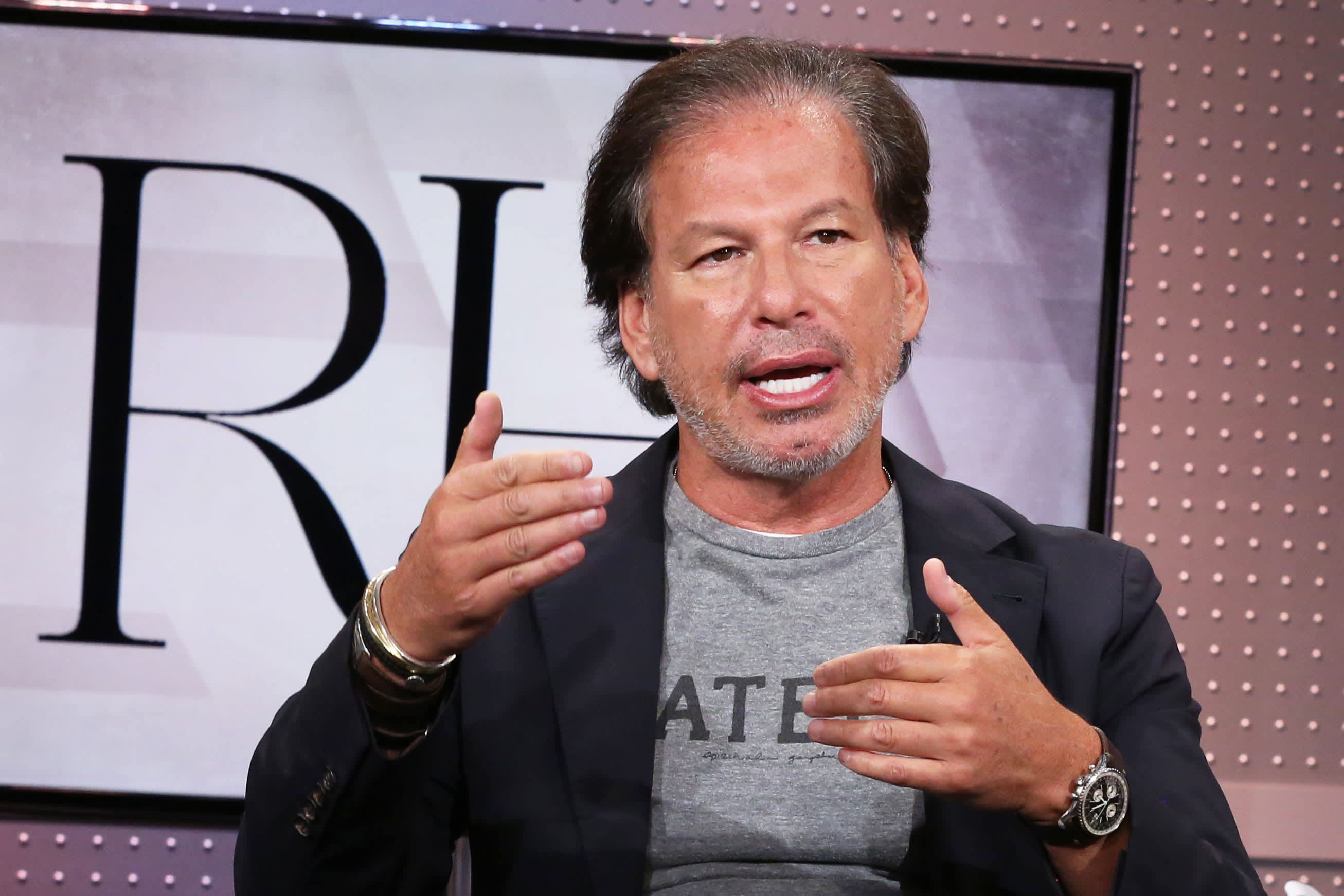How once-quirky homeware store RH became a skyrocketing luxury stock

Many retail stocks are struggling, but RH is thriving.
Shares of the upscale home goods store have more than doubled over the past year.
CEO Gary Friedman has said the company is benefitting from the droves of homebound shoppers who are looking around their dwellings all day long and finding plenty of opportunities for sprucing up.
The pandemic is a global catastrophe, but it has brought some blessings to companies like RH. The company began life in 1980 as a quirky and highly specialized store that sold retro-looking furniture, fittings and other housewares. But it is now a luxury brand that serves wealthy customers who have been far less hurt by the economic fallout of the Covid-19 pandemic.
RH is also a multichannel retail brand. Its large, dramatic stores are a big part of its brand identity. They are often situated in historic buildings and topped with upscale restaurants.
Direct sales are about 40% of its business, and include e-commerce and phone orders. The company’s “Source Books” — massive catalogs that have caused a bit of criticism in the internet age — are another part of its direct sales strategy.
The sales boost and share price jumps come at a good time for RH, which has several new initiatives on its plate. Among them: planning its first international store in London, moving into the hotel business, and working on turnkey homes.
Friedman wants RH to be more of a comprehensive lifestyle ecosystem of mutually supportive products and services. He is considered a visionary leader and is credited with transforming RH into the luxe brand it is today.




